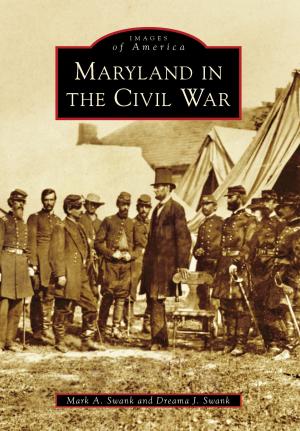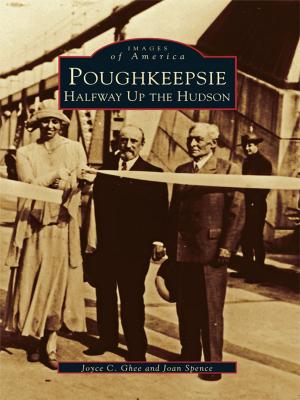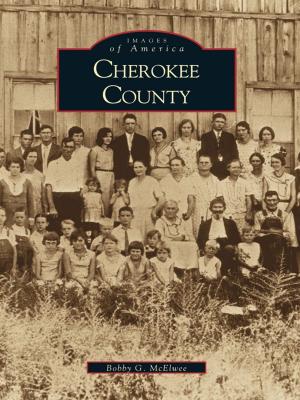The 1865 Stoneman's Raid Ends: Follow Him to the Ends of the Earth
Nonfiction, History, Military, Pictorial, United States, Americas| Author: | Joshua Beau Blackwell | ISBN: | 9781614234968 |
| Publisher: | Arcadia Publishing Inc. | Publication: | November 21, 2011 |
| Imprint: | The History Press | Language: | English |
| Author: | Joshua Beau Blackwell |
| ISBN: | 9781614234968 |
| Publisher: | Arcadia Publishing Inc. |
| Publication: | November 21, 2011 |
| Imprint: | The History Press |
| Language: | English |
In the spring of 1865, George Stoneman's cavalry division departed Salisbury, North Carolina, with one objective in mind: returning home. However, after the collapse of the Confederacy, the mounted division was ordered to apprehend the exiled Confederate president Jefferson Davis, even if it meant "follow[ing] him to the ends of the earth."? By May, the raid had transformed into an uphill struggle of frustration, pillage, revenge, terror and wavering loyalty to the flag as the troopers crashed down on the civilian populations that lay in their path with demonical ferocity. Taking into account local folklore and traditions of the raid, historian Beau Blackwell follows the column's course as it sacks the city of Asheville, canvasses the Palmetto State, plunders Greenville, terrorizes Anderson and ultimately tramples the soil of Georgia.
In the spring of 1865, George Stoneman's cavalry division departed Salisbury, North Carolina, with one objective in mind: returning home. However, after the collapse of the Confederacy, the mounted division was ordered to apprehend the exiled Confederate president Jefferson Davis, even if it meant "follow[ing] him to the ends of the earth."? By May, the raid had transformed into an uphill struggle of frustration, pillage, revenge, terror and wavering loyalty to the flag as the troopers crashed down on the civilian populations that lay in their path with demonical ferocity. Taking into account local folklore and traditions of the raid, historian Beau Blackwell follows the column's course as it sacks the city of Asheville, canvasses the Palmetto State, plunders Greenville, terrorizes Anderson and ultimately tramples the soil of Georgia.















